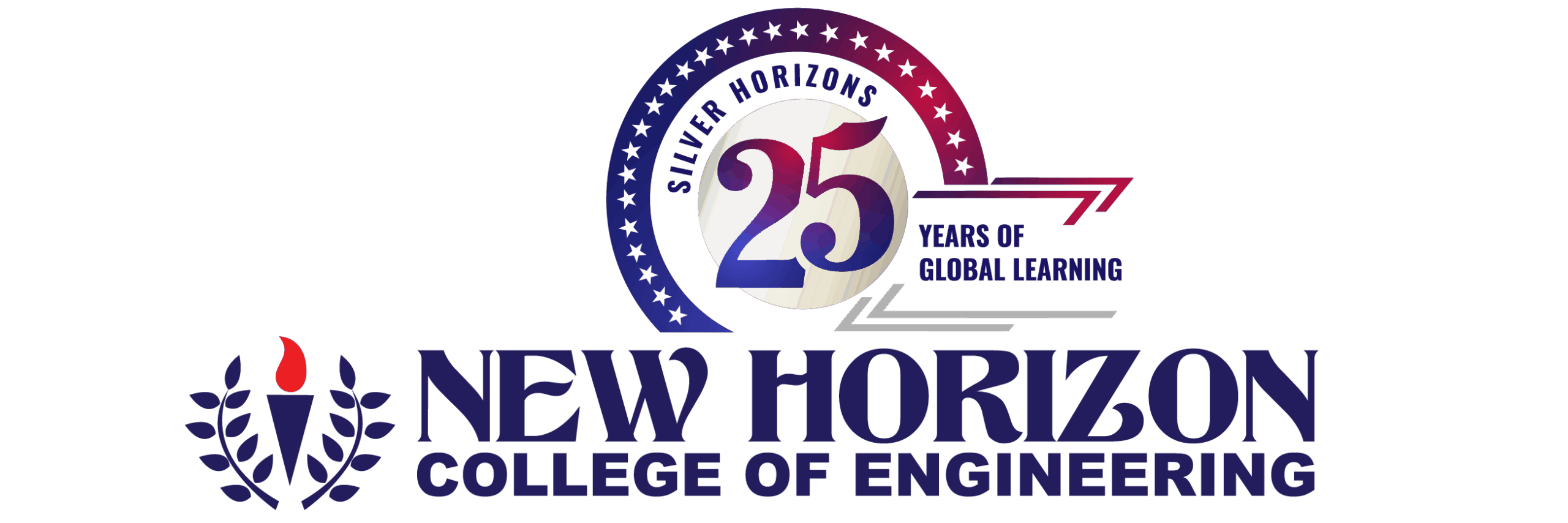INNOVATION TECHNIQUES
Usage of Rich Multimedia
To foster students’ mastery of their subjects, we advocate for the utilization of a diverse range of resources, including visual libraries, digital repositories, and Open Source platforms. These resources aim to facilitate a deeper understanding of the subject matter by providing students with access to a wealth of educational materials. Moreover, students are encouraged to leverage e-Tutorials offered by NPTEL, MOOCs and e-Journals. By embracing these multifaceted resources, students can enhance their learning journey and acquire comprehensive expertise in their chosen fields of study.
Activity Based Learning
Activity-Based Learning is a student-centered learning approach. Active participation of students is encouraged by making them to involve in group activities, explore concepts and develop their skills. This approach promotes critical thinking, problem-solving abilities, and encourages collaboration and communication among peers. Teachers act as facilitators, guiding students through the learning process and providing support as needed.
Usage of Modern Pedagogy
LCD projectors, smart boards, document camera, wireless keyboard and mouse, power point laser presenter, Wi-Fi enabled laptops are usually employed in classrooms and laboratories.
Emerging technology courses
To cope with the emerging industrial demands following courses are offered to MCA students: Advanced Web Designing, Internet of Things, Non-Relational databases, Mobile Application Development, Deep Learning, Block Chain and Data Analytics.
Group Presentations
Group presentations involve collaborative efforts where multiple students work together to deliver a presentation on a specific topic or project. Each group member presents unique perspectives, research findings, and their expertise during the presentation. This approach promotes teamwork, communication skills, and peer learning among students. Group presentations also offer opportunities for students to develop public speaking abilities, critical thinking, and leadership skills as they present their ideas to an audience.
Open ended experiments
To foster innovative thinking and illustrate the diversity of solutions to a given problem, open-ended experiments present students with multiple potential approaches. Through this practice, students are encouraged to explore various avenues and articulate their reasoning, thereby expanding their perspectives. By engaging in these exercises, students are empowered to express themselves creatively and develop a deeper understanding of problem-solving techniques. Ultimately, open-ended experiments serve to broaden students’ horizons and instil a mindset of adaptability and creativity in approaching challenges.
Usage of Modern Communication
Modern communication encompasses a wide array of digital tools and platforms that facilitate efficient and effective information exchange. Through the use of email, instant messaging, video conferencing, and social media platforms, faculty and students can connect and collaborate regardless of geographical barriers. These tools also support asynchronous communication, allowing for flexible communication across different schedules.
Train The Trainer
The faculty members are encouraged to participate in short term courses, staff development programs and workshops on advanced topics to keep pace with the advanced level of knowledge and skills. Over the past years the faculty and students are participating /presenting papers in national/international conferences and publishing their articles in national/international journals to enrich their knowledge.

